- Home
- Billionaires
- Investing Newsletters
- 193CC 1000
- Article Layout 2
- Article Layout 3
- Article Layout 4
- Article Layout 5
- Article Layout 6
- Article Layout 7
- Article Layout 8
- Article Layout 9
- Article Layout 10
- Article Layout 11
- Article Layout 12
- Article Layout 13
- Article Layout 14
- Article Sidebar
- Post Format
- pages
- Archive Layouts
- Post Gallery
- Post Video Background
- Post Review
- Sponsored Post
- Leadership
- Business
- Money
- Small Business
- Innovation
- Shop
Recent Posts
NCAA Restricted from Enforcing NIL Rules, Judge Rules
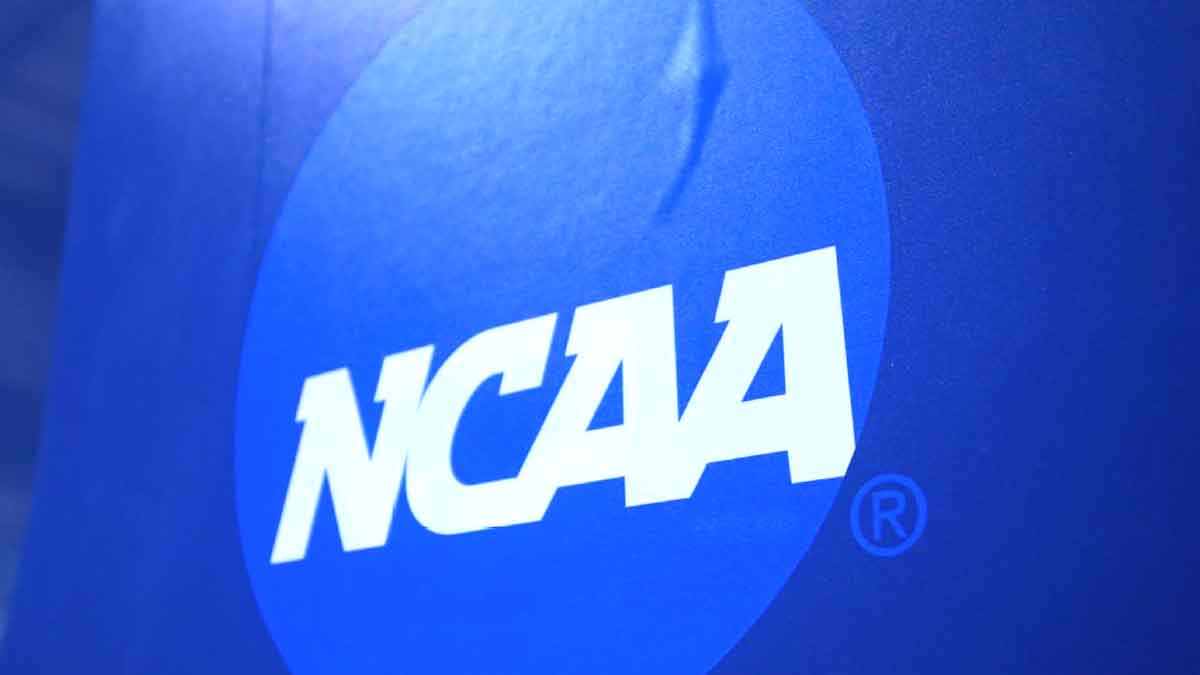
A federal judge in Tennessee has issued a significant ruling against the NCAA, issuing a preliminary injunction that prevents the organization from enforcing its rules regarding name, image, and likeness (NIL) deals for student-athletes. This ruling comes in response to a lawsuit filed last month, which alleged that the NCAA’s restrictions on NIL deals were illegal and unfairly limited opportunities for student-athletes.
U.S. District Judge Clifton Corker, in his ruling, highlighted the NCAA’s rule that prohibits athletes from negotiating NIL deals during the recruiting process or while transferring schools, stating that this rule “likely violates federal antitrust law and harms student-athletes.” The NCAA’s policy also prohibits athletes from signing NIL contracts if they are intended to influence their choice of school.
Judge Corker’s ruling represents a significant legal victory for student-athletes seeking to capitalize on their NIL rights. It dismisses the NCAA’s argument that allowing NIL deals would blur the line between college and professional sports, noting that the NCAA failed to demonstrate how the timing of such agreements would undermine the preservation of amateurism.
The lawsuit, which was filed by attorneys general from Tennessee and Virginia, argues that the NCAA’s restrictions on NIL deals are unfair and could cause irreparable harm to student-athletes. Tennessee Attorney General Jonathan Skrmetti has stated that his office will continue to litigate the case to ensure that the NCAA’s monopoly is not allowed to continue.
In related news, the University of Tennessee has come under scrutiny for allegedly violating the NCAA’s rules on NIL deals. University chancellor Donde Plowman has vehemently denied these allegations, calling the NCAA “morally wrong” for undermining its credibility in the best interest of student-athletes. The university has confirmed that an investigation is ongoing but maintains that it was not notified by the NCAA.
The NCAA adopted a policy in 2021 allowing college athletes to profit from their name, image, and likeness. This policy followed a lawsuit filed in 2015 by former student-athletes who argued that the NCAA was unfairly profiting from college athletes without compensating them.
The ongoing legal battle between the NCAA and student-athletes, as well as the scrutiny faced by universities like the University of Tennessee, highlights the complex and evolving landscape of college athletics and the rights of student-athletes.
Recent Posts
Categories
- 193 Countries Consortium Partner1
- 193cc Digital Assets2
- 5G1
- Aerospace & Defense48
- AI37
- Arts3
- Banking & Insurance11
- Big Data3
- Billionaires1,121
- Boats & Planes1
- Business332
- Careers13
- Cars & Bikes79
- CEO Network1
- CFO Network17
- CHRO Network1
- CIO Network1
- Cloud10
- CMO Network18
- Commercial Real Estate7
- Consultant1
- Consumer Tech194
- CxO1
- Cybersecurity73
- Dining1
- Diversity, Equity & Inclusion4
- Education7
- Energy8
- Enterprise Tech29
- Events11
- Fintech1
- Food & Drink2
- Franchises1
- Freelance1
- Future Of Work2
- Games149
- GIG1
- Healthcare79
- Hollywood & Entertainment203
- Houses1
- India’s 1000 Richest1
- Innovation46
- Investing2
- Investing Newsletters4
- Leadership65
- Lifestyle11
- Manufacturing1
- Markets20
- Media285
- Mobile phone1
- Money13
- Personal Finance2
- Policy569
- Real Estate1
- Research6
- Retail1
- Retirement1
- Small Business1
- SportsMoney42
- Style & Beauty1
- Success Income1
- Taxes2
- Travel10
- Uncategorized12
- Vices1
- Watches & Jewelry2
- world's billionaires1,090
- Worlds Richest Self-Made Women2
Related Articles
Valheim: The Indie Phenomenon That Captured the Hearts of Gamers Worldwide
Since the early access release of Valheim, an indie Viking survival game...
By Worlds GamesJanuary 5, 2025Bungie Seeks Analyst for Marathon Ahead of 2025 Release
Bungie is gearing up for the release of its highly anticipated game,...
By 193cc Agency CouncilJanuary 1, 2025New Characters, Team-Ups, and Maps in Marvel Rivals Season 1
Season 1 of Marvel Rivals is fast approaching, bringing with it a...
By 193cc Agency CouncilDecember 31, 2024Alex Pereira Teases Surprise Fight at UFC 312, Fuels Speculation
UFC light heavyweight champion Alex Pereira has set the MMA world abuzz...
By 193cc Agency CouncilDecember 31, 2024





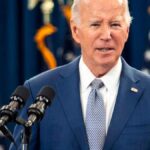

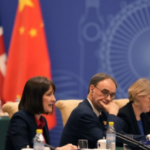

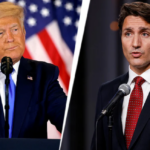
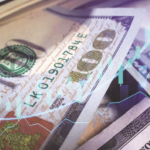
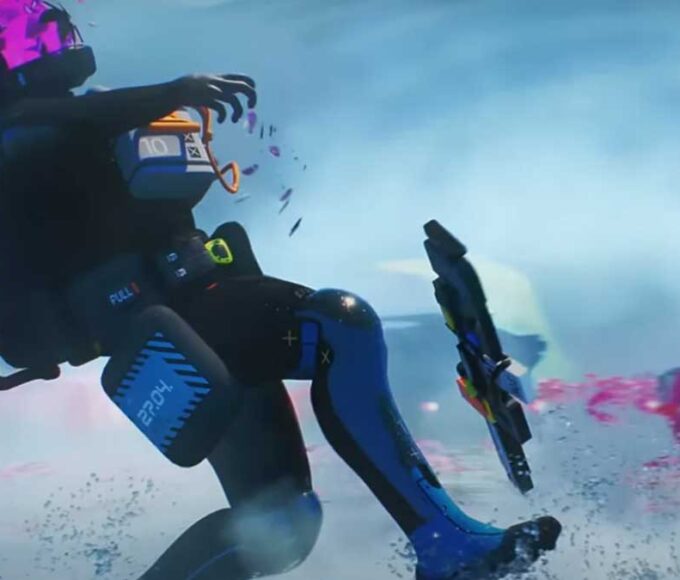
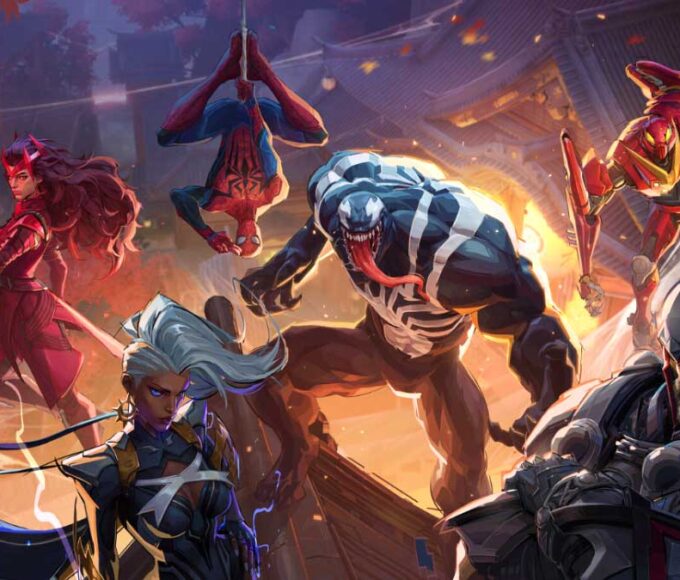
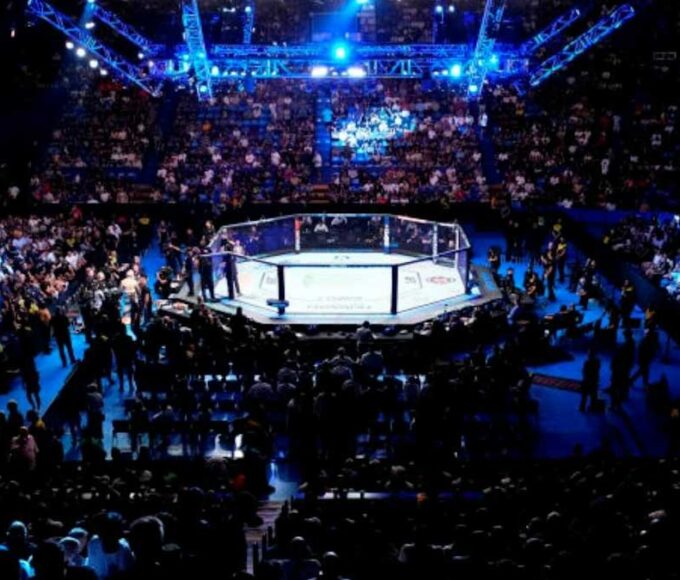
Leave a comment